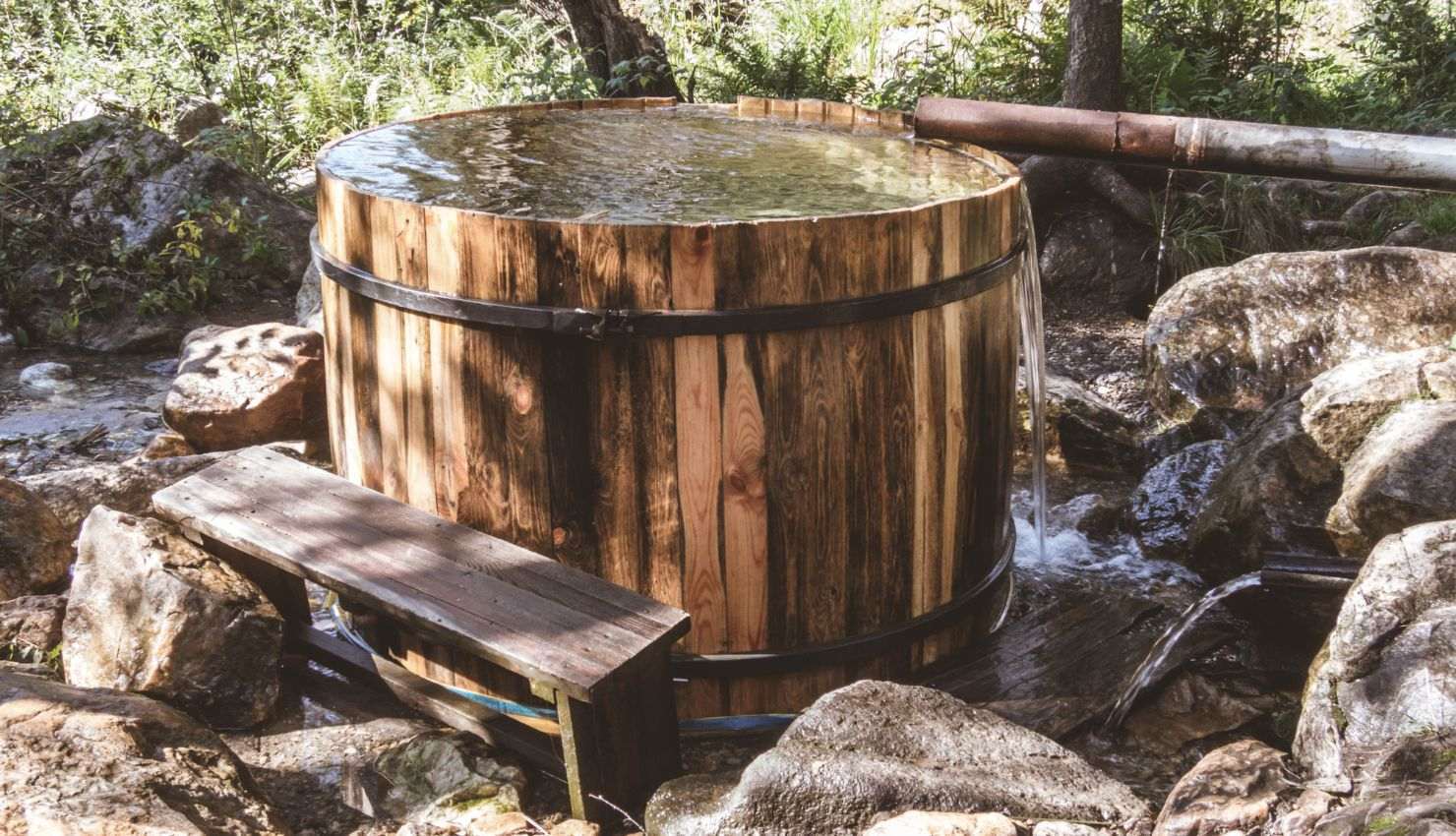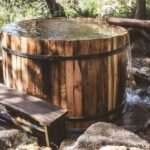Cold plunge therapy can improve sleep quality by regulating body temperature and promoting relaxation.
It’s not just about recovery — it’s about better rest, too.
You’ve tried melatonin.
You’ve cut caffeine after noon.
You’ve even banned screens before bed (well, kind of).
Still not sleeping great?
Here’s a recovery hack that goes beyond foam rollers and supplements:
cold plunging.
At YFS (Your Form Sux), we don’t just use cold plunges to reduce inflammation. We use them to help reset the entire nervous system — including the part that controls how well you sleep.
What’s the Link Between Cold Exposure and Sleep?
When you step into cold water, your body launches into a stress response.
Your heart rate rises. Your breathing quickens. You feel very awake.
But here’s what happens next:
- Your system rebounds. Heart rate slows.
- Your body shifts into parasympathetic (rest and recover) mode.
- Your brain starts releasing calming chemicals like norepinephrine and endorphins.
This post-cold downshift is what sets the stage for better, deeper sleep.
How Cold Plunging Can Help You Sleep Better
- Regulates your circadian rhythm
Cold exposure helps lower your core body temperature, which is one of the key signals your brain needs to enter sleep mode. Doing a cold plunge in the evening (not too close to bed) can help prep your body for a natural, deeper wind-down. - Lowers cortisol and nervous system arousal
Stress = poor sleep.
Cold plunging helps regulate the autonomic nervous system, shifting you out of fight-or-flight and into chill-out mode. That means less tossing, less waking up, and more time in deep sleep stages. - Boosts mood and reduces anxiety
Cold exposure increases dopamine — the feel-good hormone that also supports emotional regulation. People who cold plunge regularly often report feeling calmer, more grounded, and less anxious at night — all key ingredients for high-quality sleep.
When’s the Best Time to Cold Plunge for Sleep?
Late afternoon or early evening is ideal — somewhere between 4 to 7 p.m.
This gives your body time to rebound from the cold and shift into a relaxed, parasympathetic state. Don’t do it right before bed, as you might feel a little wired at first from the adrenaline spike.
Real Talk: Cold Plunging Helps, But It’s Not a Sleep Cure
Let’s be clear — if your sleep hygiene is garbage (late-night screens, stress eating, zero routine), cold plunges alone won’t save you.
But if you:
- Struggle to fall asleep
- Wake up in the night with anxiety
- Feel “tired but wired”
- Have high training stress and poor recovery
… then cold exposure might be the tool that helps you finally downshift and sleep deeper.
Want to sleep better, recover faster, and wake up ready to move?
Let’s build a full-body recovery strategy — cold plunge included.
Book your assessment at YFS and we’ll create a plan that supports your body and your sleep.





